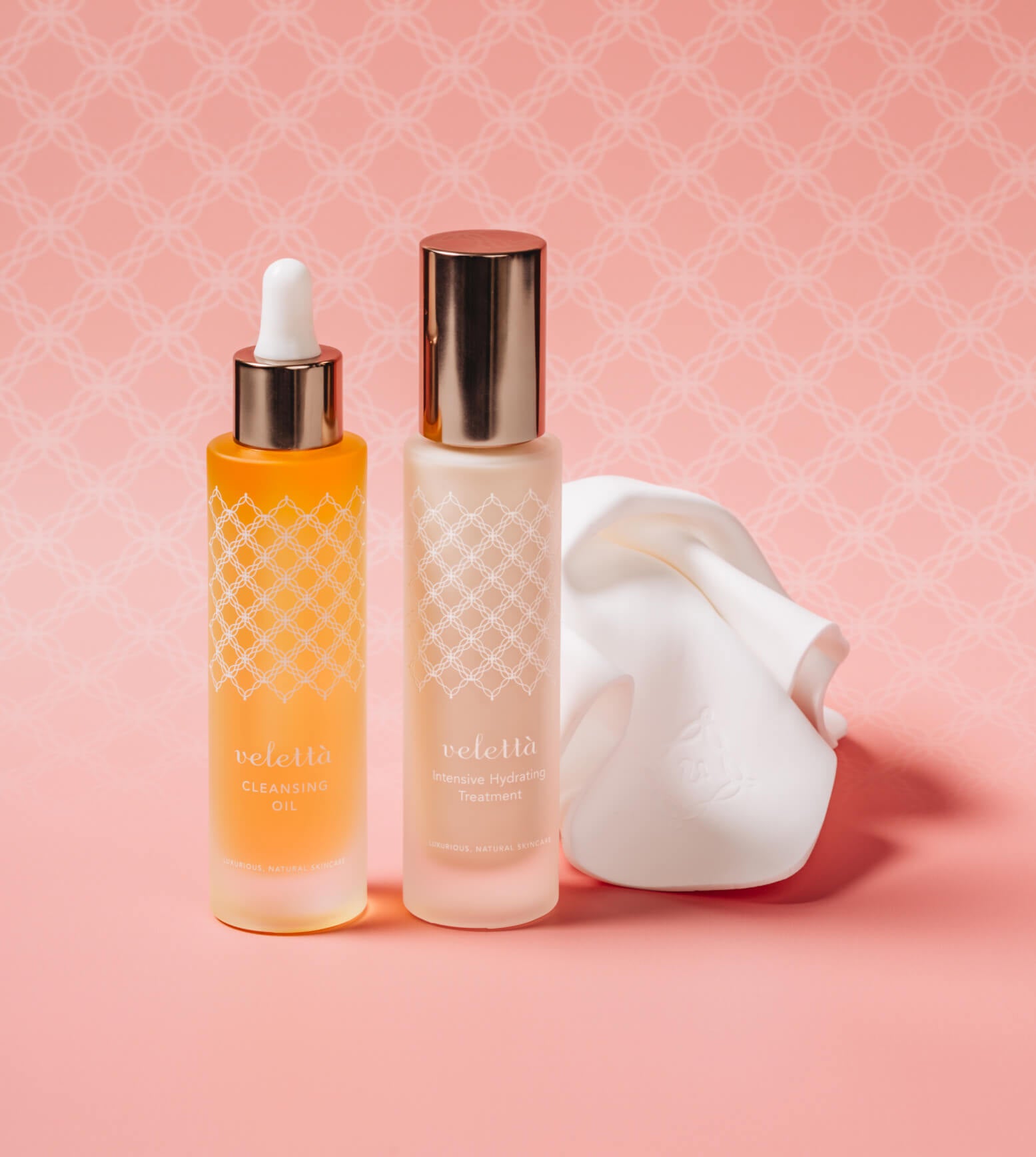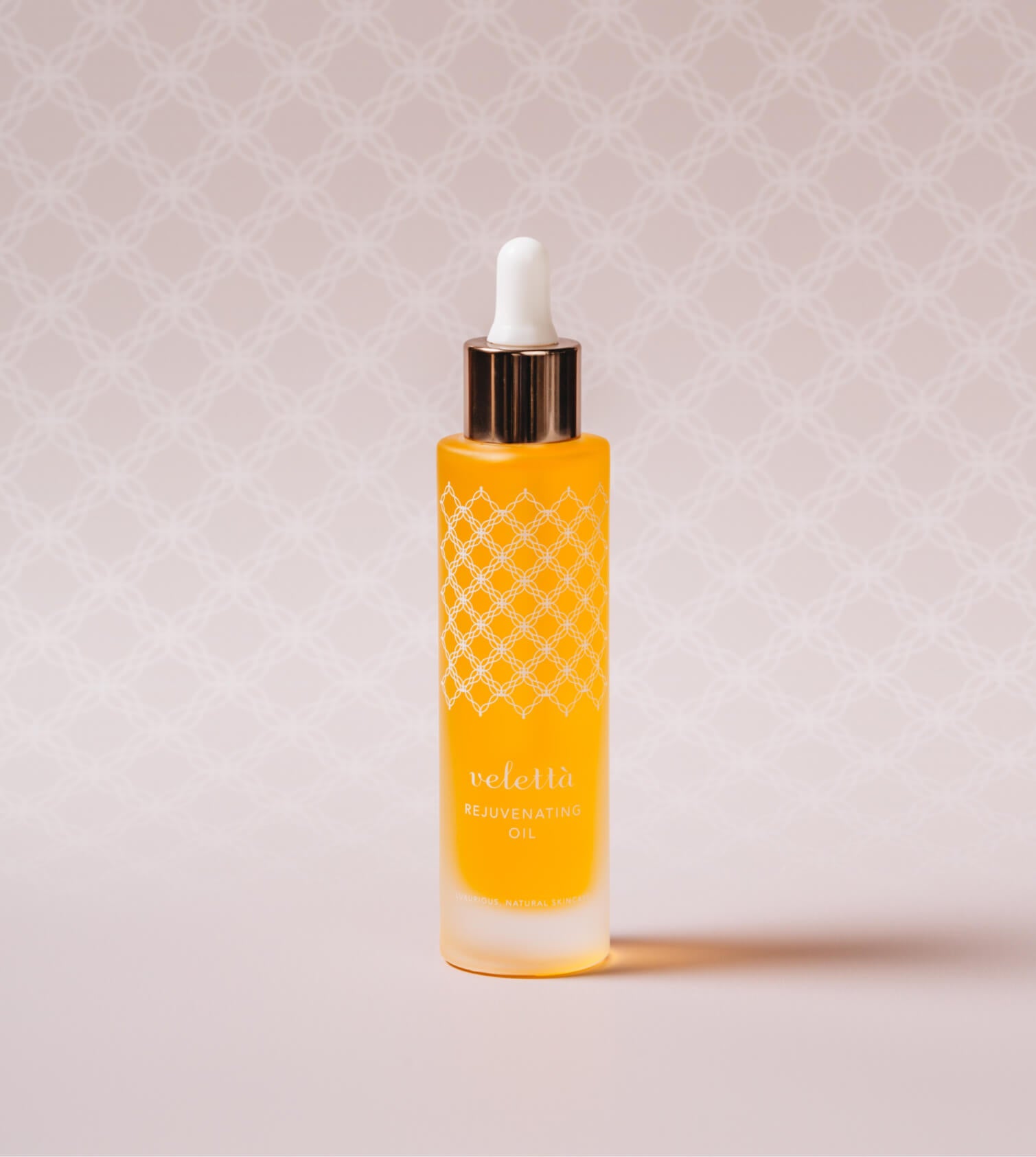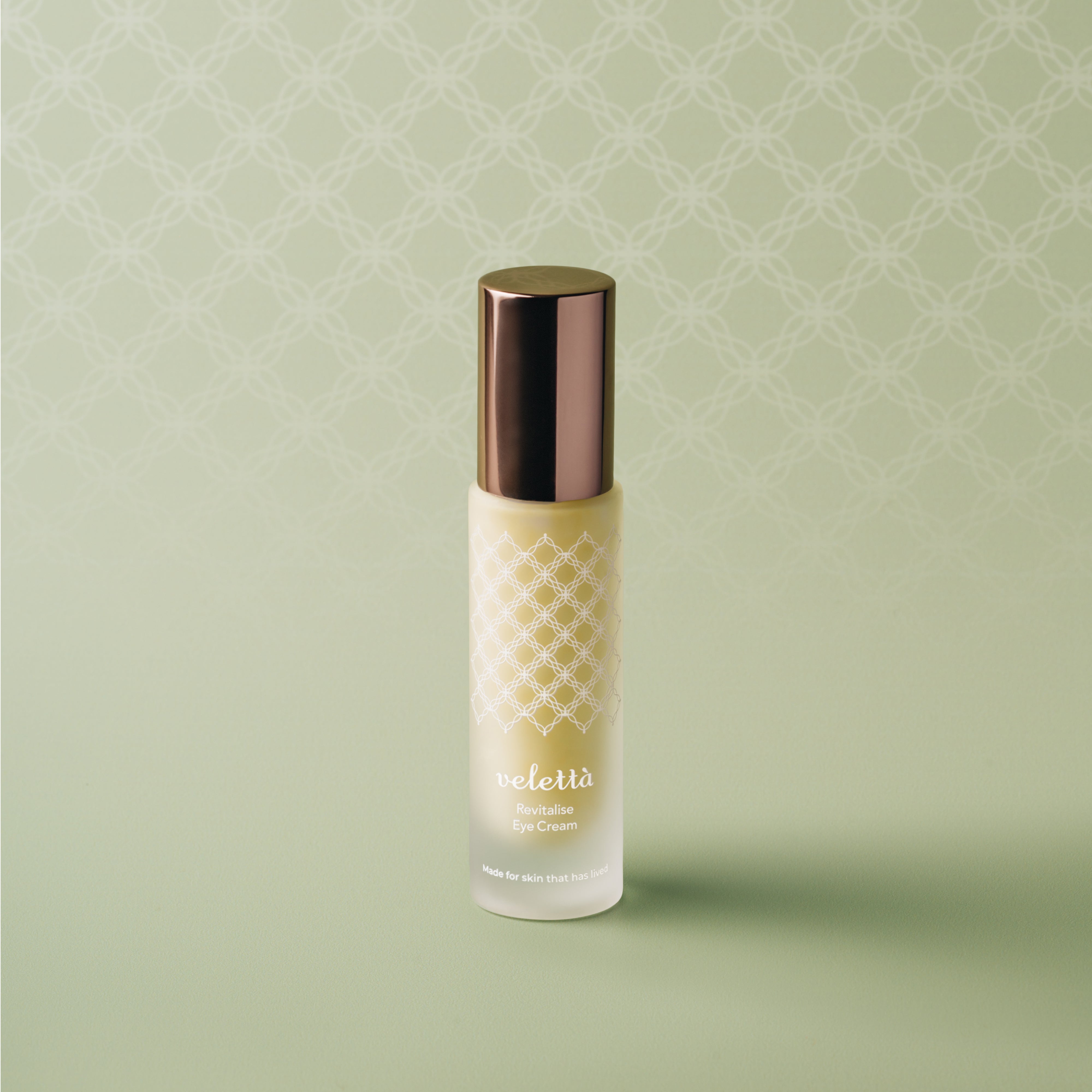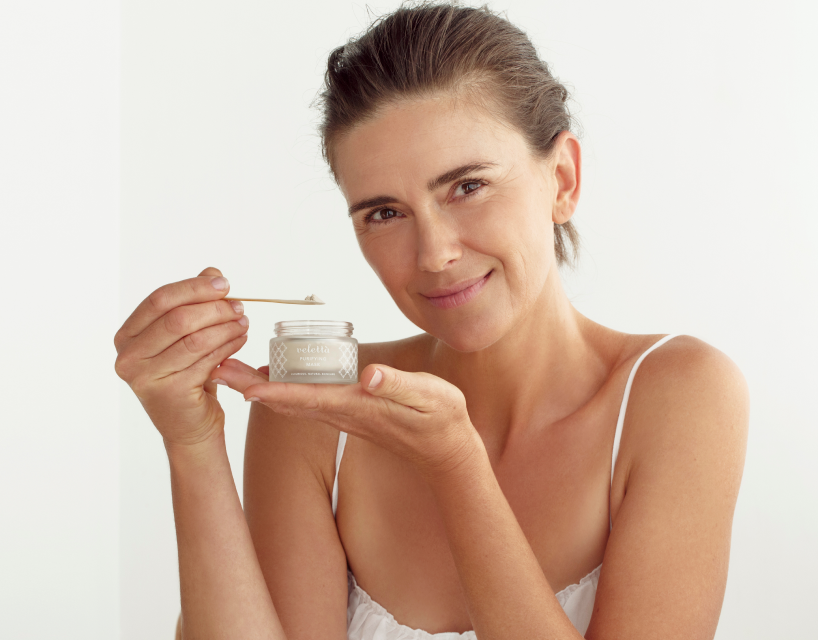Hair turns grey due to a complex interplay of genetics, aging, and changes in the body’s production of melanin, the pigment responsible for hair color. As we age, our bodies undergo various physiological changes, one of the most visible being the gradual loss of hair colour, leading to grey or white hair. While grey hair is often associated with aging, it is not necessarily indicative of poor health or a lack of vitality. Several factors contribute to this phenomenon, including the function of melanocytes, oxidative stress, and genetic predisposition.
The Role of Melanin and Melanocytes
Hair color is determined by the presence of melanin, a pigment produced by cells called melanocytes that are located in hair follicles. There are two types of melanin: eumelanin, which gives hair a brown or black color, and pheomelanin, which results in red or blonde tones. The combination and quantity of these pigments create the wide variety of natural hair colors seen across individuals.
As people age, melanocytes become less active and gradually stop producing melanin altogether. Without melanin, hair grows in without color, which we perceive as grey or white. This process is gradual, with hair typically beginning to grey in one’s 30s or 40s, though this can vary based on genetic factors.
Genetics and the Onset of Greying
Genetics play a crucial role in determining when and how quickly someone’s hair will turn grey. Studies show that if a person's parents went grey early, it is likely that they will experience a similar pattern of greying. Ethnicity also influences the timing of greying: Caucasians generally begin greying in their mid-30s, Asians in their late 30s, and African-Americans in their mid-40s. This genetic predisposition is driven by complex inherited factors that govern how long melanocytes continue to function.
Recent research has even identified specific genes associated with greying, such as the IRF4 gene, which is involved in melanin production. Variations in this gene may accelerate the greying process, providing further evidence that genetics are key to understanding why some people grey earlier than others.
Oxidative Stress and Aging
In addition to genetics, oxidative stress contributes to the greying of hair. Over time, the body accumulates oxidative damage caused by free radicals, which are unstable molecules that can damage cells and tissues. This damage can affect melanocytes, reducing their ability to produce melanin effectively. As oxidative stress increases with age, it accelerates the greying process.
Environmental factors such as UV radiation, smoking, and pollution can exacerbate oxidative stress, potentially leading to premature greying. Smoking, in particular, has been linked to early greying due to the high levels of oxidative stress it imposes on the body.
Going Grey Overnight?
The idea that someone can "go grey overnight" is one of the most persistent myths surrounding hair color. Popularised by historical anecdotes—such as the story of Marie Antoinette, whose hair supposedly turned white the night before her execution—this myth suggests that extreme stress or shock can cause immediate, widespread greying. However, there is no scientific basis for this belief. The greying process is gradual and happens over time as melanocytes lose their ability to produce pigment. What can happen, though, is a condition called diffuse alopecia areata, in which dark hairs fall out due to a shock or illness, leaving only the grey or white hairs behind. This can create the illusion that someone’s hair has turned grey overnight, but the color change is actually the result of hair loss rather than a sudden transformation of pigmentation.
The Connection to Health and Lifestyle
Though greying hair is mostly linked to aging and genetics, certain health conditions and deficiencies can also cause premature greying. For example, vitamin B12 deficiency, autoimmune disorders, and thyroid imbalances have been associated with early greying. Stress, while not a direct cause of grey hair, is thought to contribute by increasing oxidative stress in the body.
Despite widespread cultural beliefs linking grey hair to stress or fatigue, scientific evidence suggests that stress alone does not directly cause greying. However, a high-stress lifestyle may exacerbate underlying factors, such as oxidative damage or immune system dysfunction, which could accelerate the process.
Embracing and Making the Most of Grey Hair
As grey hair has become celebrated in recent years, many people have begun to view it as an opportunity for reinvention rather than a sign of decline. Celebrities, influencers, and individuals around the world are embracing their natural greys, often using them as a statement of confidence, elegance, and authenticity. Thankfully the world now accepts that grey hair can be striking and beautiful.
One key to making the most of grey hair is proper maintenance. Because grey hair lacks pigment, it tends to be coarser and more prone to dryness and dullness. Using moisturising shampoos, conditioners, and treatments designed for grey or silver hair can help combat these issues, keeping the hair soft, smooth, and shiny. Purple shampoos are also commonly used to prevent yellowing, a common issue for grey hair caused by environmental factors like pollution or sun exposure.
For those who wish to add more dimension to their grey hair, highlights or lowlights can create depth and movement. Silver or platinum highlights, for example, can enhance the overall appearance of grey hair and give it a luminous, sophisticated finish.
Conclusion
Ultimately, grey hair is not something to hide or fear. Whether it begins in one’s 30s or later in life, greying is a natural part of aging, and embracing it can be an empowering experience. With proper care and thoughtful styling, grey hair can become a distinctive, stylish feature that reflects one’s individuality and confidence. In a cultural landscape where authenticity and self-acceptance are increasingly valued, going grey gracefully can be a powerful statement of self-assurance and personal style.







